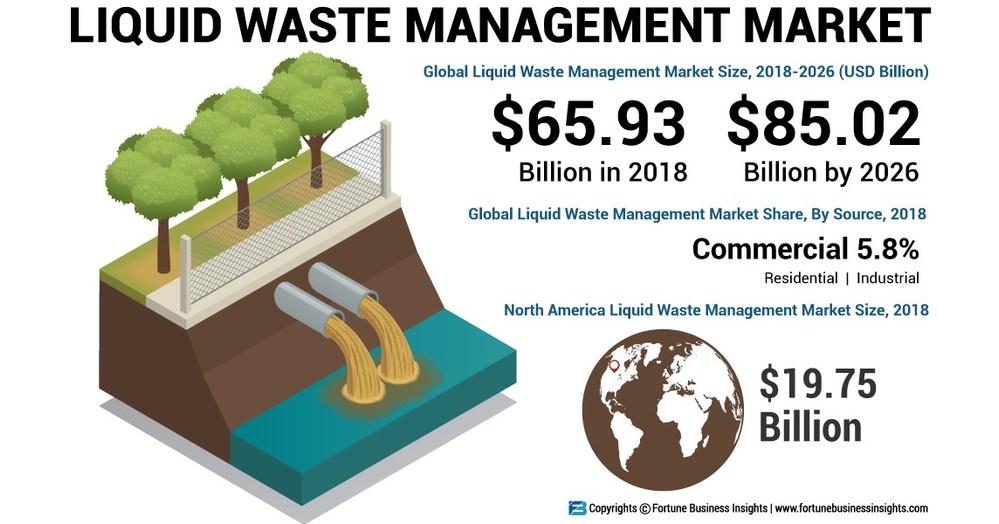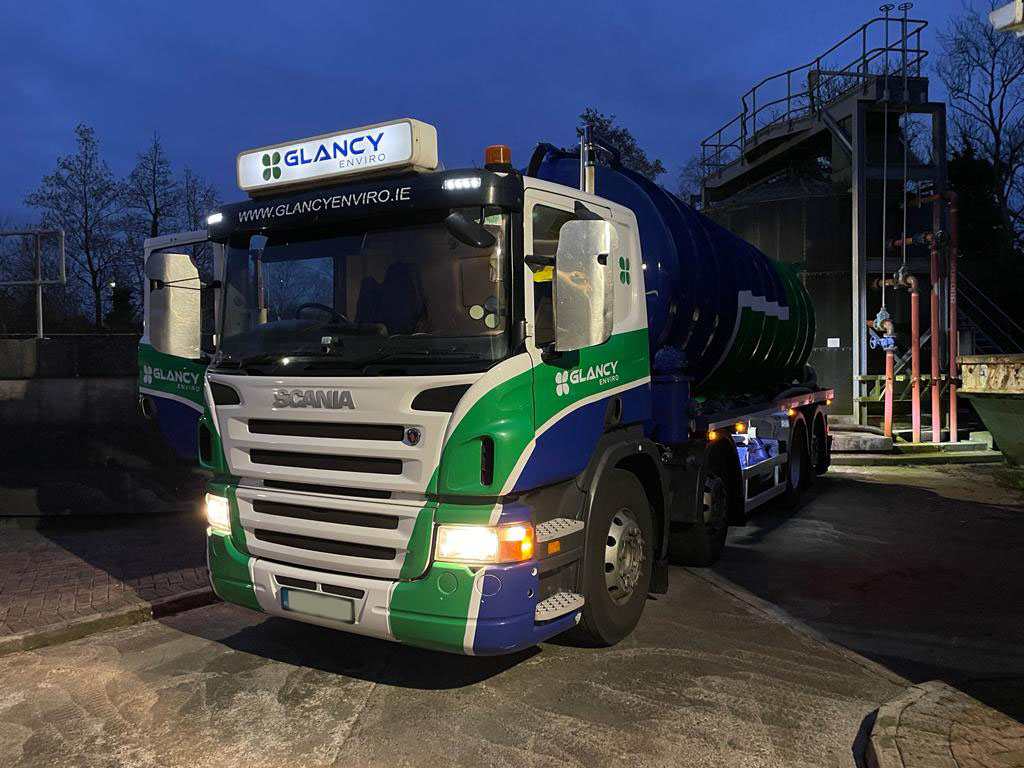Reclaim Waste Things To Know Before You Get This
Reclaim Waste Things To Know Before You Get This
Blog Article
Reclaim Waste Things To Know Before You Buy
Table of ContentsThe 10-Minute Rule for Reclaim WasteReclaim Waste - QuestionsHow Reclaim Waste can Save You Time, Stress, and Money.How Reclaim Waste can Save You Time, Stress, and Money.How Reclaim Waste can Save You Time, Stress, and Money.The Greatest Guide To Reclaim Waste

Never place hazardous substances down sinks, bathrooms or stormwater drains pipes Compounds including petrol, grease, oil, chemicals and herbicides, and solvents such as paint strippers must not be put down sinks, commodes or stormwater drains pipes. These materials are hard to eliminate in the sewer treatment procedure and trigger pollution problems in our local waterways.

Although liquid waste is a term that covers a wide range of products, there's an excellent reason why leaving its disposal to the specialists is recommended. Fluid waste is non-solid material that has no more use and has to be dealt with and gotten rid of according to neighborhood, state and government laws.
Reclaim Waste - An Overview
Instances of liquid waste can include wastewater, fats, oils or grease, made use of oil, fluids, solids, gases or sludges and hazardous home fluids, there are some that are considered to be a lot more harmful than others when it comes to the atmosphere and the health and wellness of pets and humans alike. It's for this factor that each state and region have rigorous laws connected to fluid waste management.
Liquid waste can be saved in holding containers or packaged in drums, intermediate bulk containers or accepted small containers before either being dealt with or removed via outsourced vacuum trucks. Offered the nature of the materials, liquid waste can not enter the general waste stream and there are strict guidelines on exactly how to take care of it properly.
(https://www.ted.com/profiles/48198485/about)Relying on a decision of the degree of danger, it might be necessary to remediate those sites. Furthermore, unsafe fluid chemical wastes are controlled waste and has to be tracked based on the state waste legislation. Under the chain of custodianship and obligations, owners are liable and responsible for waste created by a service.
Among the core applications for superabsorbent polymers (SAPs) is liquid waste solidification. industrial wastewater treatment. SAPs are used by waste management experts to avoid potentially unsafe fluids from getting in waterways, groundwater aquifers, and various other sensitive atmospheres. Because fluids can rapidly move pollutants right into environmental receptors and possibly add to geotechnical failings, liquid wastes are generally restricted from disposal in landfills
The Ultimate Guide To Reclaim Waste
Generally, free liquids are liquids that divide from the strong section of waste product. Fluid waste can consist of the following: HDD mud and cuttings Land fill leachate Wastewater treatment sludge & biosolids Dredged debris Oil and gas drill cuttings Working out pond muck Hydro Excavation slurry Coal combustion residuals/ash Tank bottom sludge Concrete grinding/polishing slurry Related Article: For a functional instance of complimentary liquids separating from waste product, take into consideration the following scenario: A waste administration professional tons a dump associate sludge from a wastewater therapy plant's aeration basin, during a routine maintenance event.
When the driver shows up at the land fill, he notifications water leaching from the sludge and putting from the dump vehicle. The load was rejected by the land fill and the vehicle driver was forced read what he said to dispose of the waste as a fluid waste at a special facility, which boosted the disposal fees enormously.
We also need to be responsible for the proper disposal of our waste products. It is not enough that we pay waste disposal firms to take care of our rubbish.
How Reclaim Waste can Save You Time, Stress, and Money.

Segregating your waste can start inside the home. Set apart completely dry and fluid waste as well as edible waste, biodegradable and non-biodegradable products.
Layer the base with dirt to absorb the damp waste. Layer the garden compost with wet and dry waste as well as soil to maintain a balance in between the wet and the dry.
Getting The Reclaim Waste To Work
To assist in faster decomposition, you can also add semi composted dirt to the compost. If you see the smell is ending up being as well solid, add extra newspapers and paper waste or add even more holes to the garden compost bin to maintain the balance of the waste products.
We likewise require to be accountable for the appropriate disposal of our waste products. It is not sufficient that we pay waste disposal companies to take treatment of our rubbish.
Our waste, our responsibility. Have you ever wondered what happens to your fluid waste after it's collected? Did you recognize that liquid waste can be recycled?
The smart Trick of Reclaim Waste That Nobody is Talking About
Segregating your waste can begin inside the home. Segregate completely dry and fluid waste as well as edible waste, naturally degradable and non-biodegradable products.
Layer the bottom with soil to soak up the wet waste - industrial wastewater treatment. Layer the garden compost with wet and dry waste as well as soil to maintain an equilibrium between the damp and the dry.
Cover the compost container. When a week, include dirt in addition to the garden compost. To promote faster decay, you can also include semi composted dirt to the garden compost. Maintain the garden compost. If you discover the odor is becoming as well solid, add additional newspapers and paper waste or include even more holes to the garden compost container to keep the balance of the waste products.
Report this page